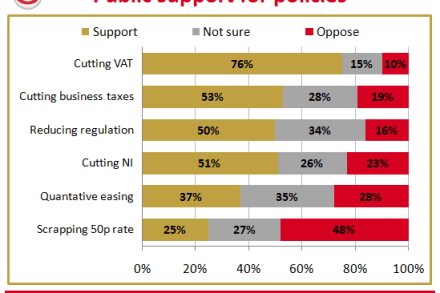There is a Government Car Parking Policy? Jesus Wept.
Blimey David, the startling aspect of Eric Pickles’ announcement that central government will loosen the guidelines it issues to local councils concerning the proper provision of car parking spaces is not that this modest proposal has somehow made it through the Whitehall machine but that it was ever thought sensible for Whitehall to tell the























